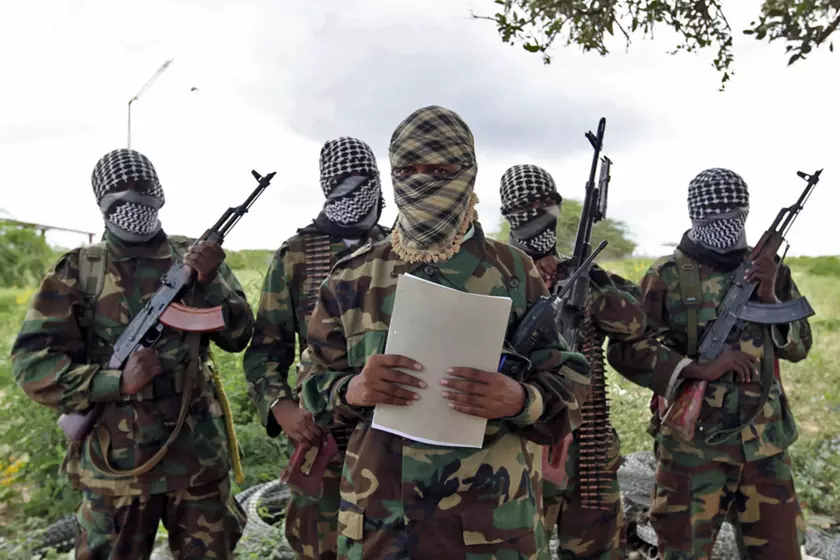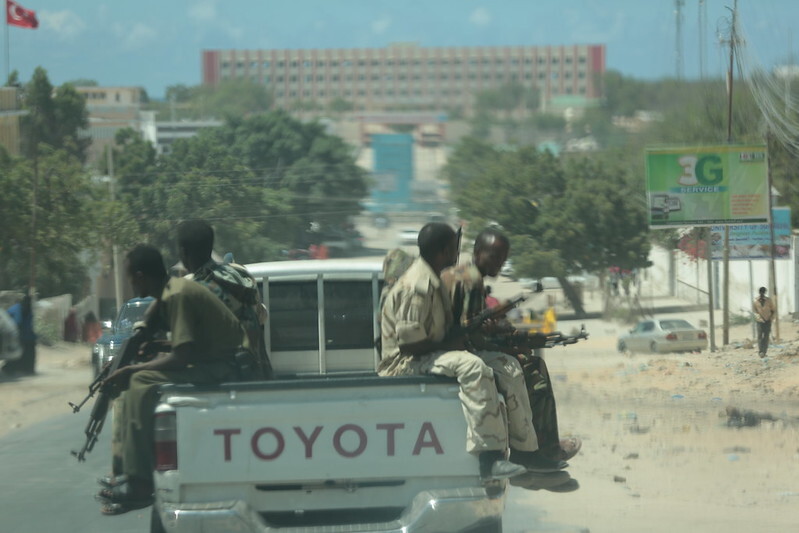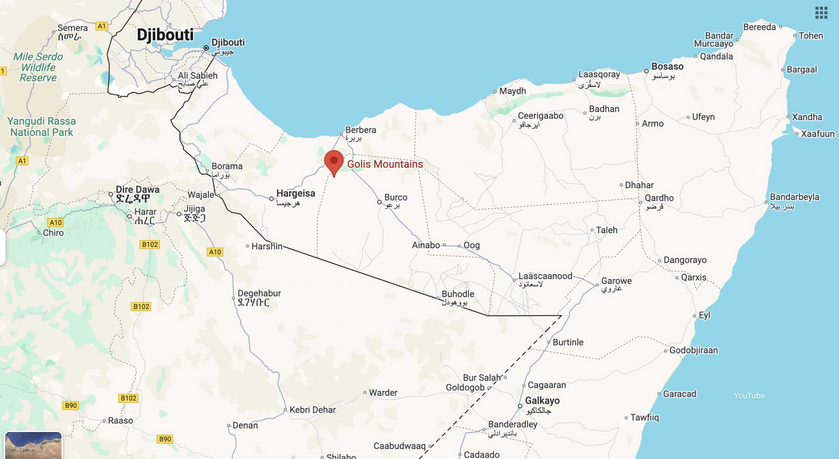The U.S. military, in coordination with Somali forces, just took out some key ISIS figures in Somalia’s Puntland region. If you haven’t been following the situation, here’s a quick breakdown of what happened and why it matters.
What Went Down?
Over the weekend, U.S. airstrikes hit ISIS positions in the Golis Mountains of northern Somalia. The Puntland government confirmed that these strikes "neutralized" senior ISIS leaders. While the details are still scarce, what we do know is that these operations are part of a broader campaign that Puntland’s security forces have been waging against ISIS since December.
U.S. President Donald Trump even chimed in on Truth Social, saying he personally ordered the strikes. Meanwhile, the Somali government in Mogadishu called the operation a joint effort with Washington, reinforcing their ongoing security partnership.

Why Does This Matter?
ISIS in Somalia is relatively small compared to the dominant Al-Qaeda-linked Al-Shabaab, but its presence has been growing, especially in Puntland. The group is believed to be under the control of Abdul Qadir Mumin, a Puntland native and one of the highest-ranking ISIS leaders still standing.
Mumin has dodged multiple U.S. airstrikes over the years, which, according to experts, gives him significant credibility within ISIS’s global network. Taking him or his top lieutenants out would be a major win for counterterrorism efforts in the region.
U.S. Involvement: A Game Changer?
The Puntland government was quick to call U.S. support “invaluable” in their fight against terrorism. Airstrikes like these not only take out key ISIS figures but also send a clear message that terrorist networks won’t be allowed to carve out safe havens.
For Somalia, it’s another step in securing its territory, especially in Puntland, which has been working hard to push extremists out of the Golis Mountains. And for the U.S., it reinforces Washington’s long-standing commitment to counterterrorism operations in Africa.

What’s Next?
While the airstrikes were successful, the fight against ISIS in Somalia isn’t over. The group still has operatives in the region, and as history has shown, eliminating leadership doesn’t always mean the end of a terrorist organization.
But one thing is clear: Puntland and its U.S. partners are ramping up their offensive, and ISIS’s days in Somalia may be numbered.
Stay tuned as more details come out.

















